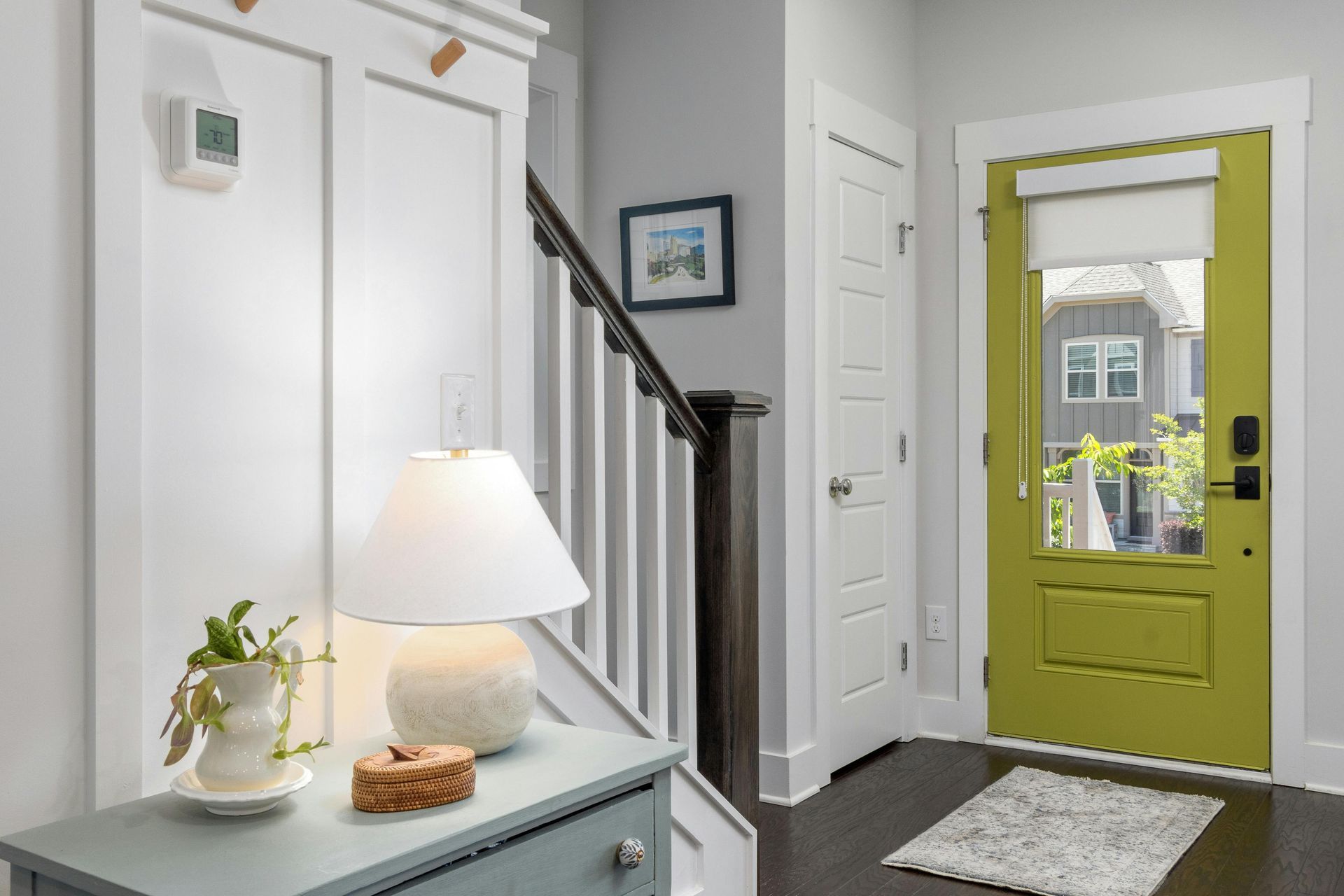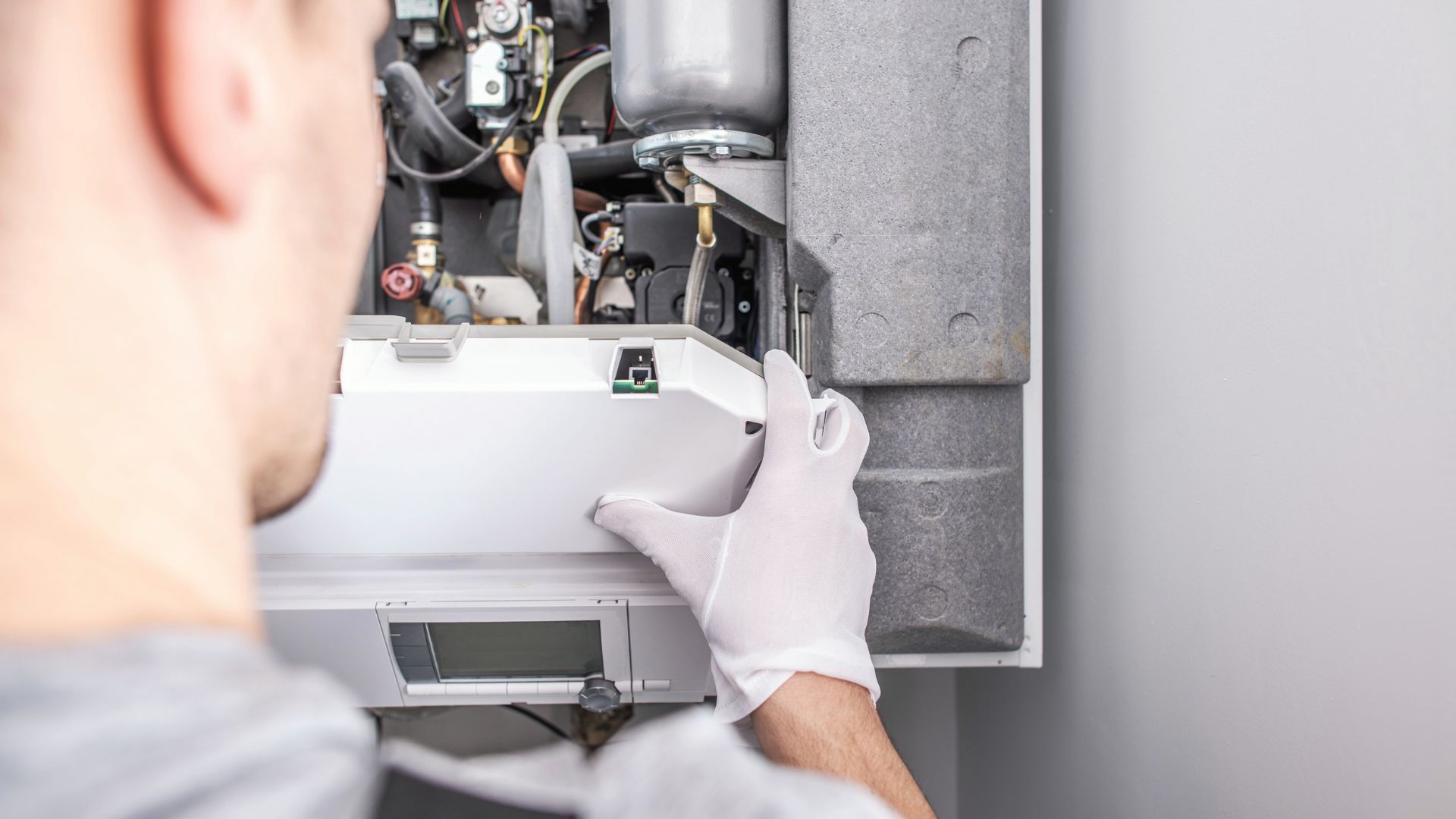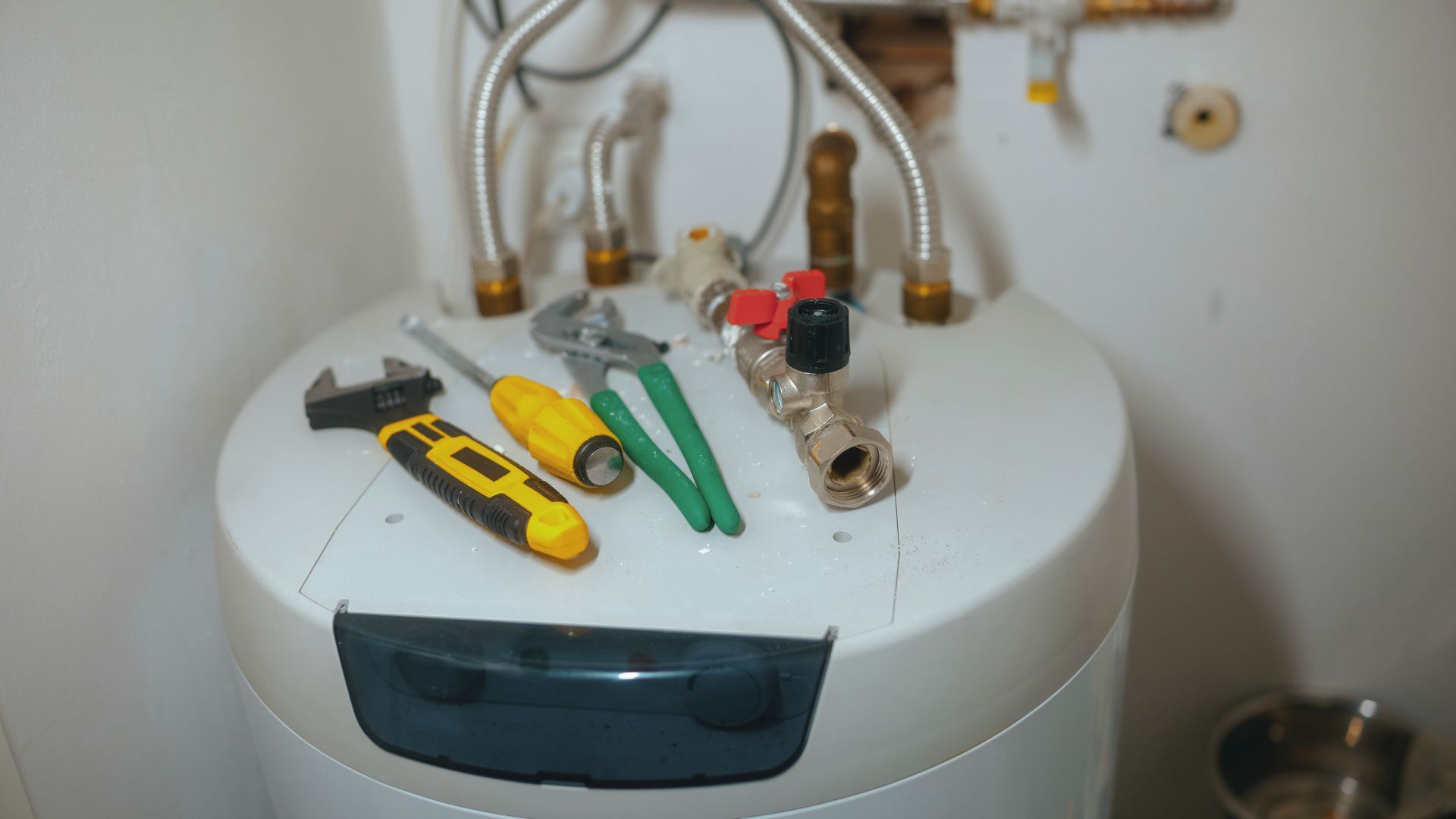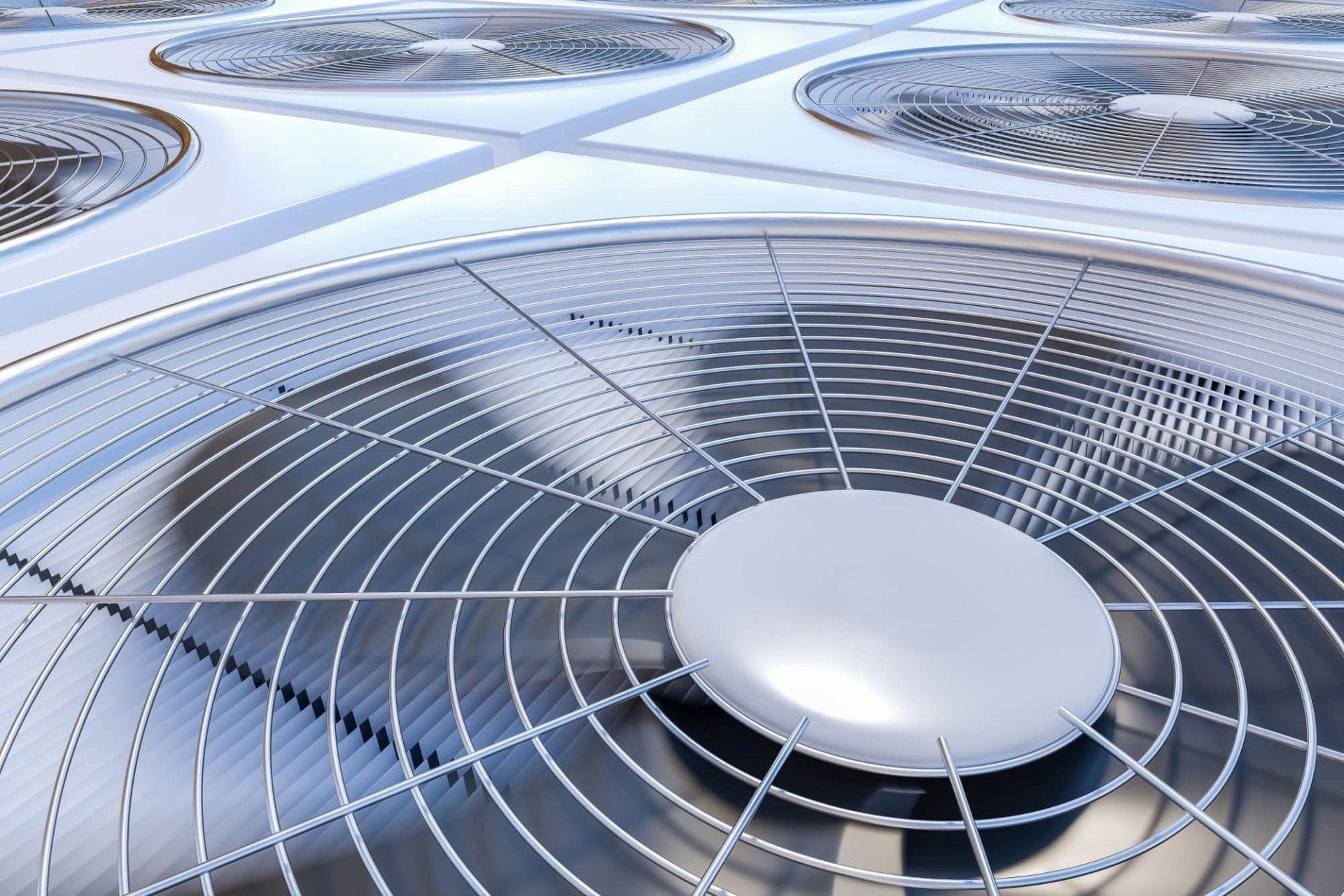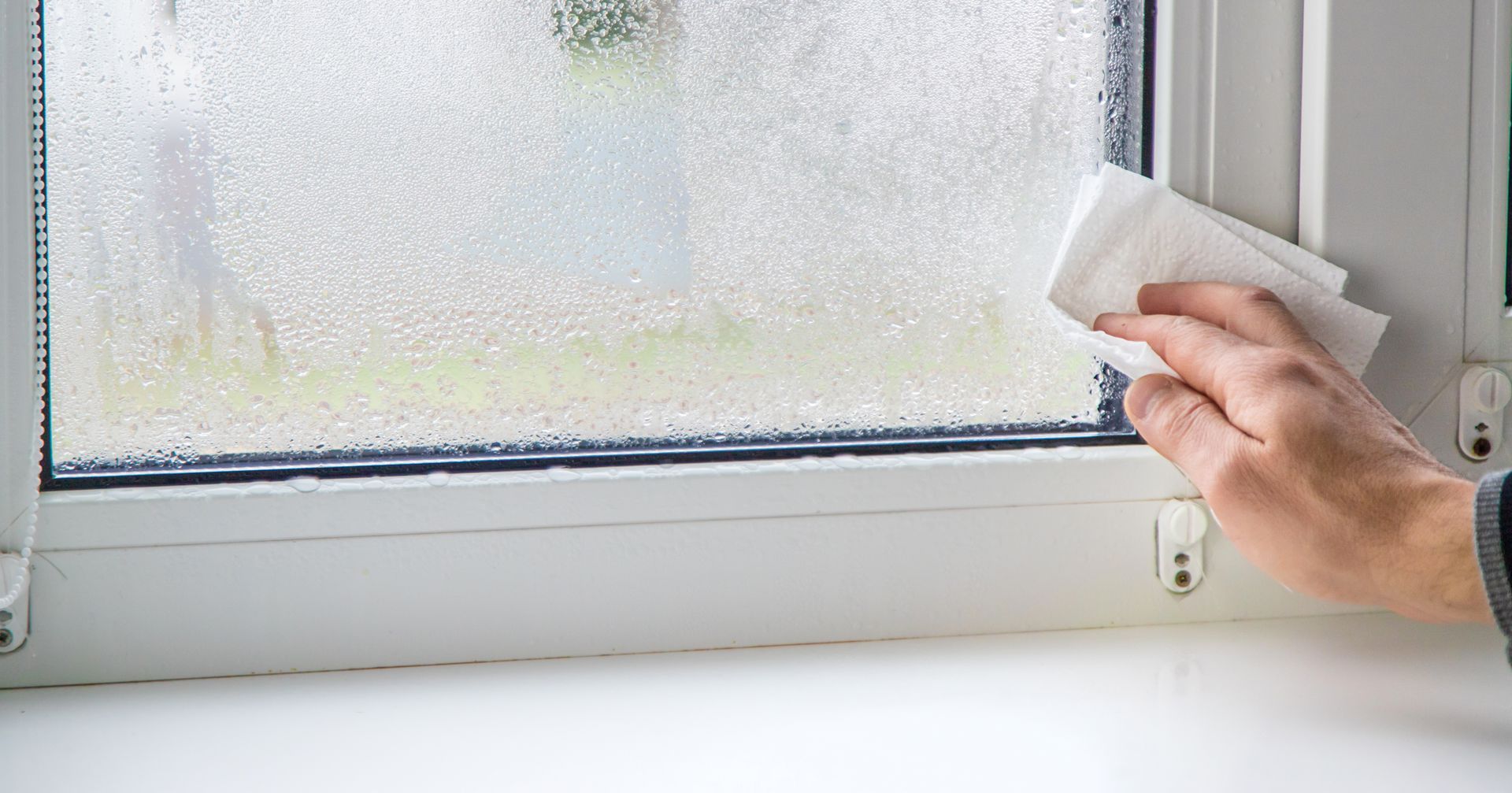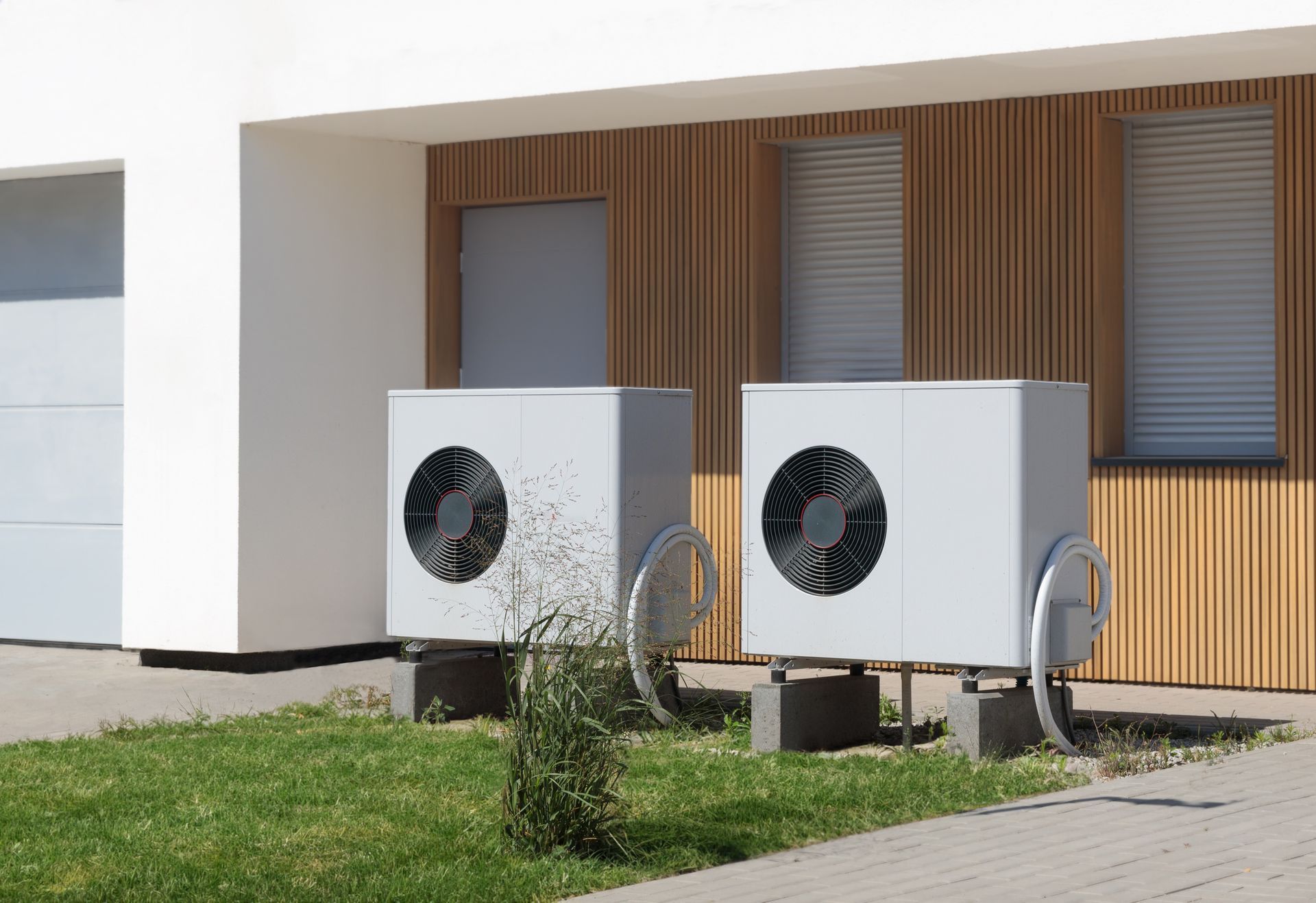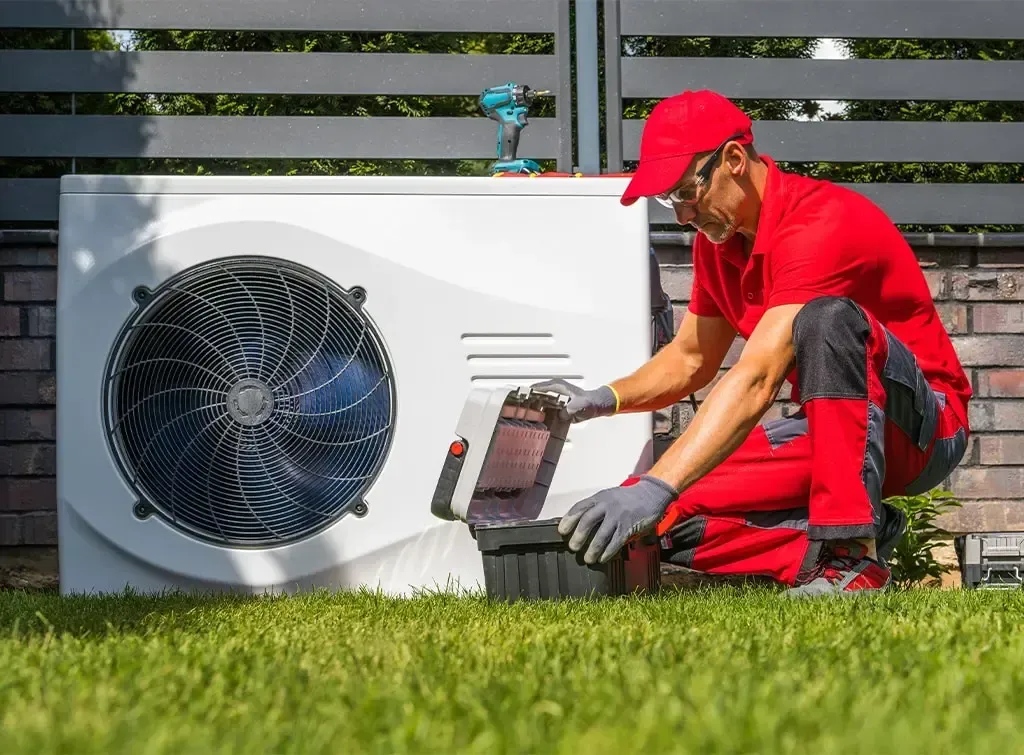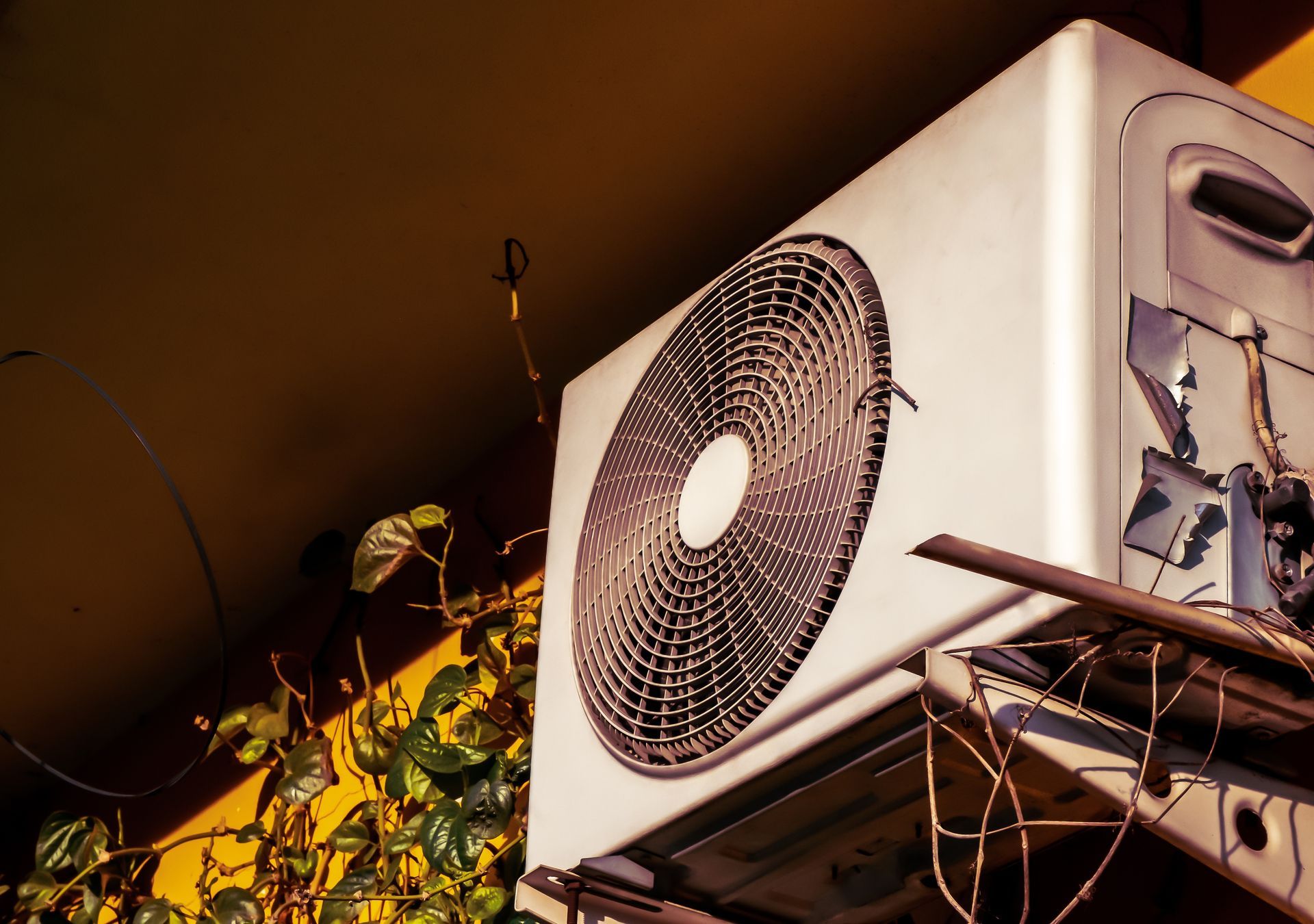Why is My Water Heater Leaking?
Why is My Water Heater Leaking?
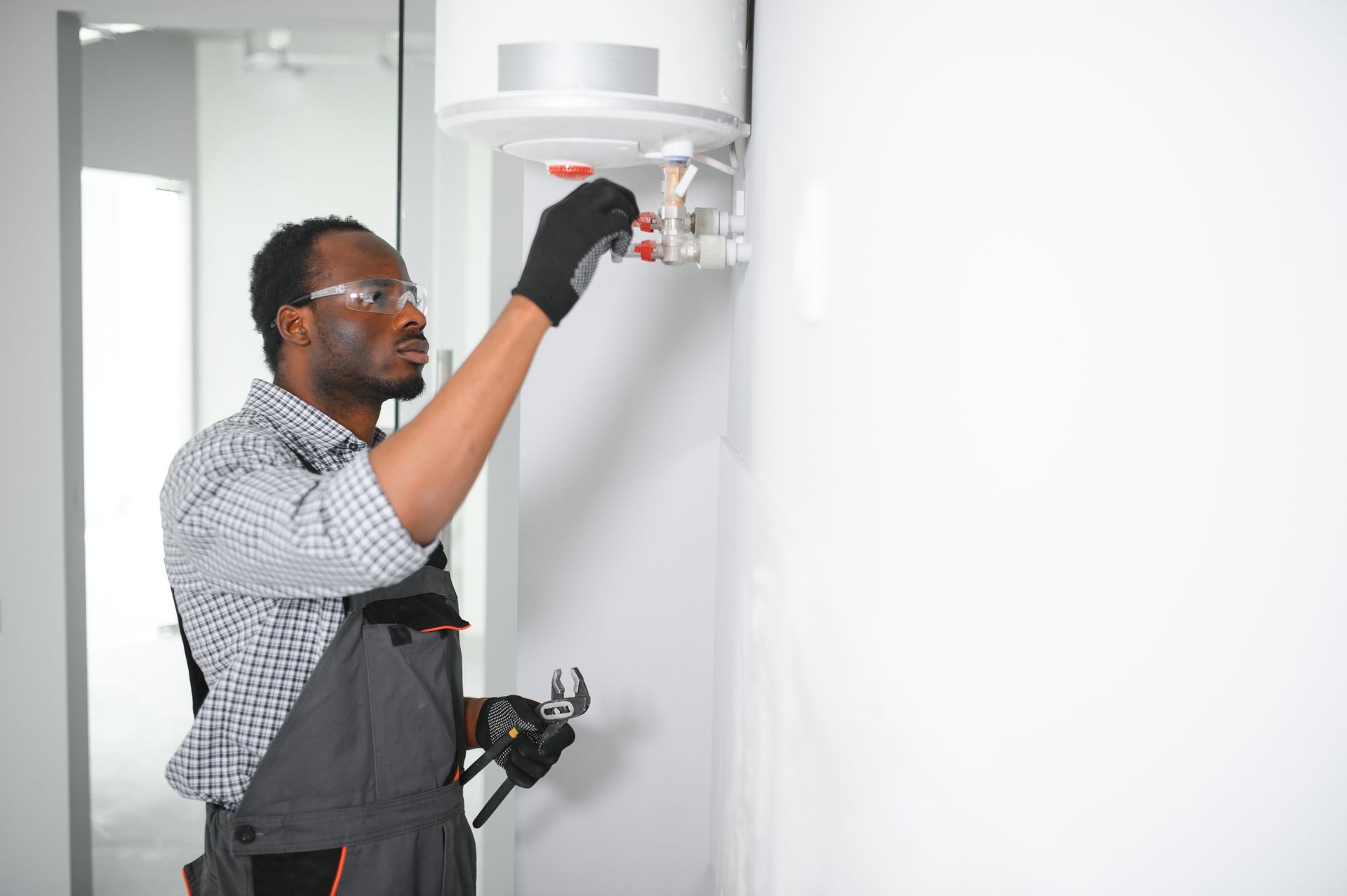
Dealing with a leaking water heater can be an unexpected hassle for any homeowner or renter. Whether you’ve just noticed a small puddle around the base or there’s a significant water spill, the urgency to address the issue can’t be overstated. A leaking water heater not only disrupts your daily routine but could also lead to serious water damage if left unchecked.
But why is your water heater leaking? And what should you do about it? Don't worry—we've got answers.
Common Causes of a Leaking Water Heater
Water heater leaks can occur for several reasons. Here are some of the most common culprits:
1. A Faulty Drain Valve
The drain valve, located at the bottom of your water heater, is used for maintenance to flush sediment buildup. Over time, this valve can loosen or become faulty, leading to leaks.
Solution: Check to ensure the valve is fully tightened. If it continues to leak, the valve may need replacing.
2. Excessive Tank Pressure
When water is heated, it expands, increasing the pressure inside the tank. If the temperature is set too high or there’s no proper outlet for the pressure, leaks can result.
Solution: Look at the temperature setting on your water heater. Lowering it to the recommended 120°F may reduce pressure. Additionally, ensure the water heater has a functional pressure release valve.
3. Corrosion in the Tank
Over time, sediment buildup at the bottom of the tank can cause corrosion, wearing away the inner lining. Rust and corrosion are among the leading causes of a water heater leak.
Solution: Unfortunately, if rust is the culprit, replacement of the water heater might be necessary.
4. Loose Connections or Fittings
Sometimes, a hotspot for leaks originates from loose or worn fittings around the cold-water inlet or hot-water outlet pipes.
Solution: Inspect pipe connections and tighten or replace as needed. Be sure to turn off the power and water supply before attempting any repairs.
5. A Cracked Tank
Extreme temperature changes or excessive wear over the years can lead to cracks in the water heater’s tank. If this is the case, the water will often seep through slowly before pooling at the base.
Solution: Cracked tanks typically require a full replacement. At this stage, consult a professional for advice.
6. Age of the Water Heater
Most water heaters have a lifespan of 8–12 years (depending on maintenance and use). If your water heater is nearing or past its expected lifespan, leaks may simply be a sign that it’s time for a new unit.
Solution: If your water heater is showing its age, consider replacing it rather than investing in recurring repairs.
What Should You Do About It?
If you’ve spotted a water heater leak, follow these steps immediately:
- Turn Off the Power Supply:
- For electric water heaters, switch off the breaker at your electrical panel.
- For gas water heaters, turn the gas valve to “Off.”
- Shut Off the Water Supply:
Turn the cold-water shutoff valve clockwise to stop the flow of water into the tank.
- Drain the Tank (If Necessary):
If the water leak is substantial, use a hose to drain the tank safely into a nearby drain. This can help prevent further water damage.
- Inspect the Source of the Leak:
Carefully identify where the leak is originating from (e.g., the tank, valve, or pipes). This will give you a clearer idea of how to proceed.
- Contact a Professional Immediately:
While minor repairs like tightening a valve or replacing a fitting can sometimes be handled on your own, more complex issues (corrosion or a cracked tank) require expert help.
Call Adam's Air Systems for Immediate Assistance
If your water heater is leaking and you’re in Hamilton, you’re in luck! Adam's Air Systems specializes in fast, reliable repair services to help keep your home comfortable year-round. Don’t wait for a minor problem to turn into a costly disaster.
Call us anytime at (905) 746-3853 for emergency repairs!
Whether it’s your water heater, air conditioning system, or furnace, you can trust Adam’s Air Systems to restore comfort to your home in no time.
Prevent Future Water Heater Leaks
The best way to avoid unexpected water heater leaks is with proper maintenance. Here are some tips for preventative care:
- Flush the Tank Annually: Remove sediment build-up to reduce wear and tear.
- Inspect the Anode Rod: This small rod usually needs to be replaced every few years to prevent rust inside the tank.
- Check All Fittings: Periodically inspect and tighten loose connections.
- Monitor the Tank’s Age: Remember, even the sturdiest water heaters don’t last forever. Keep an eye on your unit’s age and replace it proactively before major issues arise.
A leaking water heater might seem like a small inconvenience, but it’s often a sign of a bigger issue waiting to happen. Addressing the problem quickly can save you time, money, and the stress of dealing with water damage.
If you're unsure how to handle a water heater issue or need professional help, don’t hesitate to reach out to the experts at Adam's Air Systems. We’re dedicated to keeping homes in Hamilton running smoothly and comfortably year-round.
Call (905) 746-3853 today to schedule service or for emergency repairs!
